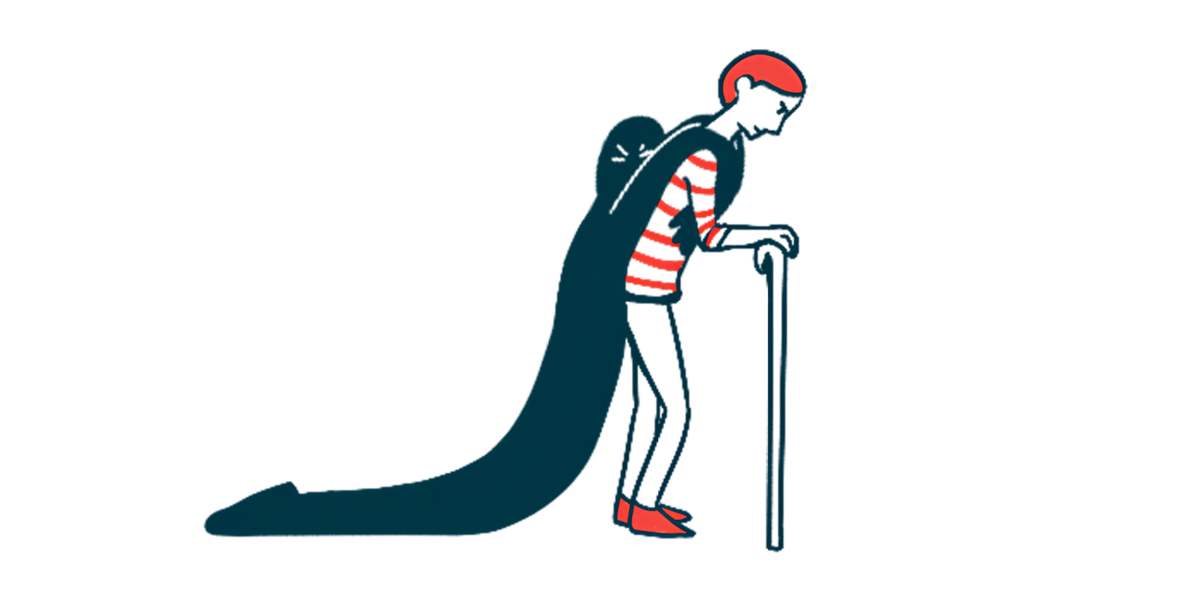Acupuncture may have benefits for reducing MS fatigue, per small study
But future clinical trials needed to test therapy as a complementary strategy

Acupuncture may be a promising complementary approach for easing fatigue and improving quality of life for people with multiple sclerosis (MS), according to a small review study and meta-analysis.
Still, the study highlighted a need for future clinical trials that use more standardized acupuncture approaches, according to the researchers, who noted that “exploring the optimal frequency and duration of acupuncture sessions could provide insights into the most effective treatment regimens.”
Overall, “this analysis highlights the potential of acupuncture as a complementary therapy for managing fatigue in patients with MS,” the researchers wrote, adding, “Further research is needed to establish its efficacy more conclusively.”
The study, “Assessment of acupuncture’s effectiveness in mitigating fatigue among patients afflicted with multiple sclerosis: A systematic review and meta-analysis,” was published in the journal Complementary Therapies in Clinical Practice.
Variability seen in acupuncture strategies used for MS
Fatigue, defined as a mental or physical feeling of exhaustion that gets in the way of daily activities, is one of the most common symptoms of MS. Feelings of fatigue can also worsen other physical and cognitive impairments related to MS.
A host of disease-modifying therapies are available for people with MS, but may have a limited effect on fatigue, which often remains a troubling symptom despite treatment. Other medications, lifestyle changes, and rehabilitation strategies have also been found to have limited benefit, according to the researchers.
To better manage their fatigue and other difficult-to-treat symptoms, some patients turn to complementary or alternative approaches such as traditional Chinese medicine. One approach that’s gaining traction is acupuncture, in which small needles are inserted to stimulate specific body points to balance energy flow. It’s thought that acupuncture may have benefits for several MS symptoms, including fatigue, pain, and bladder problems.
However, it is difficult to study the true effects of acupuncture on MS fatigue, given the disease’s variability between patients and the subjective nature of the symptom.
To learn more, a team of researchers in Pakistan conducted a systematic review and meta-analysis of six previously published studies that examined the role of acupuncture for managing MS fatigue. Each study used a different acupuncture protocol and all were designed differently.
The results indicated that, overall across the studies, acupuncture was associated with significant reductions in measures of fatigue, both when comparing fatigue levels to a control group that did not receive acupuncture, or in patients before and after treatment.
Still, there was variability in outcomes across different studies and participants.
“The impact of acupuncture on fatigue may vary in magnitude among individuals and could depend on the specific acupuncture intervention used,” the researchers wrote.
Examining the potential of acupuncture to complement existing MS treatments, such as disease-modifying therapies and physical rehabilitation, could lead to more comprehensive and effective management strategies.
The team also noted that the use of acupuncture was associated with significant improvements in life quality. However, in two studies that evaluated it, the intervention was not associated with reductions in disability.
Further, while acupuncture apparently has benefits for MS fatigue, exactly how it exerts its effects is not known, the team noted. Research suggests it may be able to modulate various physiological processes implicated in MS, including the release of certain brain signaling chemicals and immune function.
“However, it is important to acknowledge that many of the precise mechanisms underlying these effects remain under investigation, and ongoing research is essential to fully understand how acupuncture exerts its therapeutic benefits,” the scientists wrote.
Moreover, to fully understand the role of acupuncture as part of an MS treatment regimen, the scientists noted that more clinical trials employing standardized approaches will be needed.
“Investigating different aspects of the treatment, such as specific acupuncture protocols, treatment locations, and combinations with other therapies, can help identify the most effective approaches for reducing fatigue in MS patients,” the researchers wrote. “Examining the potential of acupuncture to complement existing MS treatments, such as disease-modifying therapies and physical rehabilitation, could lead to more comprehensive and effective management strategies.”







